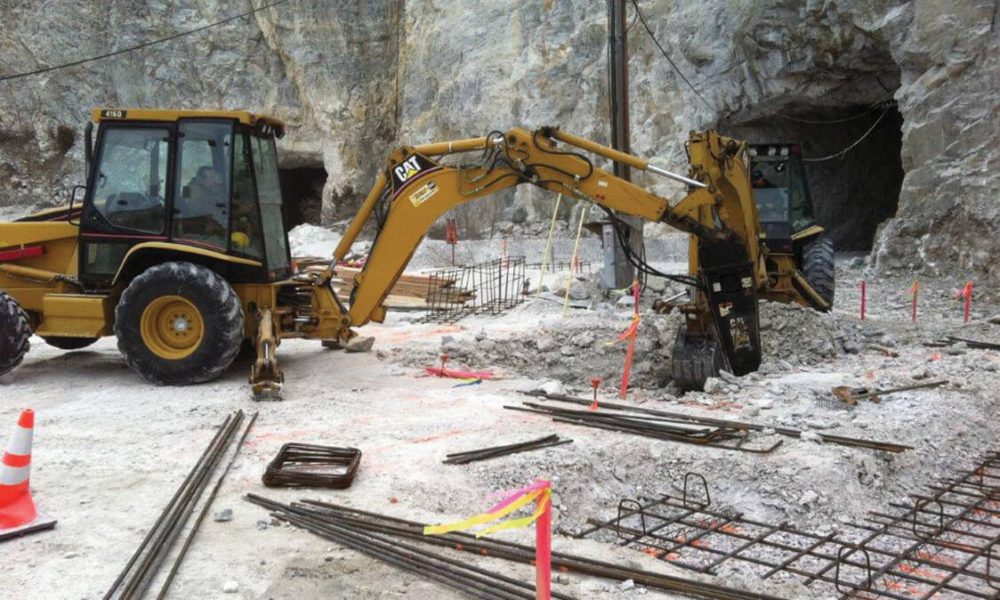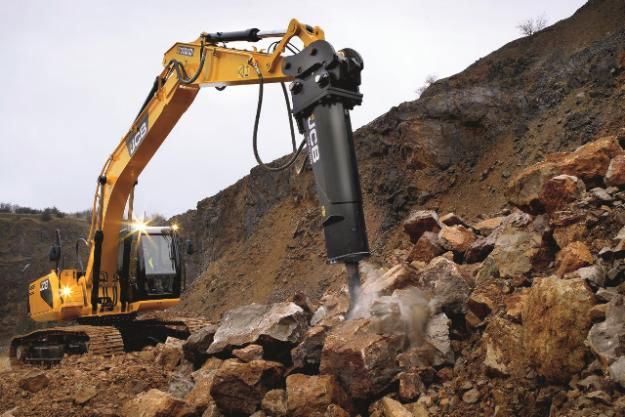Specialist Septic Ohio - Trusted Septic System Professionals in Ohio
Specialist Septic Ohio - Trusted Septic System Professionals in Ohio
Blog Article
Comprehensive Excavation Techniques: Mastering the Basics for Success
In the realm of building and civil engineering, the significance of reliable excavation strategies can not be overstated. The cautious preparation, specific execution, and meticulous attention to detail required in excavation jobs require a thorough strategy that encompasses different fundamental aspects. From preliminary dirt analysis to the execution of safety measures and regular progress surveillance, mastering these core elements is necessary for attaining success in any kind of excavation venture. The true proficiency exists not just in recognizing these basics but in seamlessly integrating them to navigate the intricacies of excavation jobs with skill.
Understanding Excavation Task Preparation

The preliminary phase of any excavation project is the preparation stage, where critical decisions are made that can considerably affect the outcome of the task. Comprehending the project range, timeline, and budget restraints is important for creating a thorough excavation strategy that guarantees the task's success.
One key element of excavation project planning is the development of a detailed timeline that lays out the series of tasks, target dates, and turning points. This timeline offers as a roadmap for the task group, allowing them to track progress and make essential adjustments to make certain the task remains on schedule. In addition, a well-defined budget that accounts for all costs, consisting of tools leasing, labor expenses, and materials, is important for staying clear of price overruns and hold-ups. By meticulously taking into consideration all these variables throughout the drawing board, excavation tasks can be performed efficiently and effectively, leading to effective end results.
Soil Analysis and Website Assessment
Performing complete dirt evaluation and site evaluation is a vital action in the prep work phase of any type of excavation project. Soil analysis includes establishing the make-up, structure, and residential or commercial properties of the dirt at the excavation website. This info is critical for comprehending the dirt's bearing ability, dampness content, and potential for erosion, which are crucial consider determining the excavation methods and equipment required for the task.
Website examination exceeds soil analysis and incorporates a broader analysis of the general site problems. This assessment includes identifying any prospective dangers, such as below ground energies, ecological problems, or unstable terrain, that might influence the excavation procedure. By completely evaluating the site, project managers can develop efficient excavation methods that focus on security, performance, and environmental management.
Utilizing innovative innovations like ground-penetrating radar, dirt sampling, and drone surveys can improve the precision and effectiveness of dirt evaluation and site evaluation. Spending time and sources in these preliminary actions can ultimately conserve time and prevent expensive hold-ups or issues throughout the excavation procedure.
Equipment Selection and Use
Reliable excavation tasks count heavily on strategic equipment selection and usage to make certain ideal performance and performance. Choosing the best tools for the task is critical next page in making the most of effectiveness and reducing downtime. Elements such as the kind of soil, depth of excavation, and job range play a substantial function in identifying the most appropriate equipment for the job at hand.

In enhancement to picking the proper tools, proper use is crucial to task success. Operators should be educated to deal with the tools securely and efficiently - lancaster excavation. Regular maintenance checks and timely repair work aid stop break downs and ensure constant performance throughout the project
Safety Actions and Laws Compliance
In the realm of excavation tasks, prioritizing precaution and conformity with regulations is critical to making certain a protected and legitimately audio functional setting. Precaution incorporate a range of techniques, consisting of conducting comprehensive website evaluations, carrying out correct signage and obstacles, and giving sufficient safety and security training for all workers entailed in the excavation process. Adherence to regulations, such as OSHA demands in the USA, ensures that the excavation job fulfills the required criteria to shield employees, onlookers, and the surrounding setting.

Tracking Progress and Adjusting Techniques
Just how can project managers effectively track the improvement of excavation jobs and adapt their techniques accordingly to maximize results? Tracking progress is vital for making certain that view publisher site excavation tasks remain on track and meet target dates. Task managers can use different tools and methods to track development, such as daily report card, routine site evaluations, and progressed tracking technologies like drones and general practitioners tracking systems. By continually keeping an eye on the project's improvement, supervisors can determine any kind of possible hold-ups or problems beforehand and take positive actions to address them.

Final Thought
In final thought, mastering the basics of comprehensive excavation techniques is crucial for the success of any type of job. By understanding task preparation, evaluating soil and website problems, choosing proper devices, adhering to safety regulations, and keeping an eye on progress, task supervisors can guarantee a efficient and smooth excavation procedure. Applying these techniques will lead to effective end results and lessen possible dangers or setbacks during the excavation job.
The initial phase of any type of excavation job is the planning look at this now stage, where important choices are made that can substantially affect the end result of the job. Comprehending the task timeline, extent, and budget plan restraints is vital for producing a thorough excavation strategy that makes certain the project's success.
Exactly how can predict supervisors effectively track the improvement of excavation projects and adjust their techniques accordingly to maximize end results? By carefully keeping an eye on progress and being prepared to adapt techniques, job supervisors can improve the general success of excavation jobs.
By recognizing task preparation, analyzing dirt and website problems, choosing suitable devices, complying with security regulations, and monitoring development, project managers can guarantee a efficient and smooth excavation procedure.
Report this page